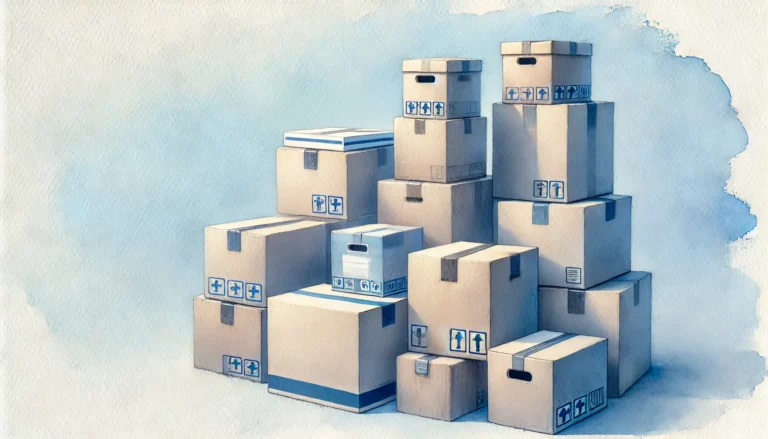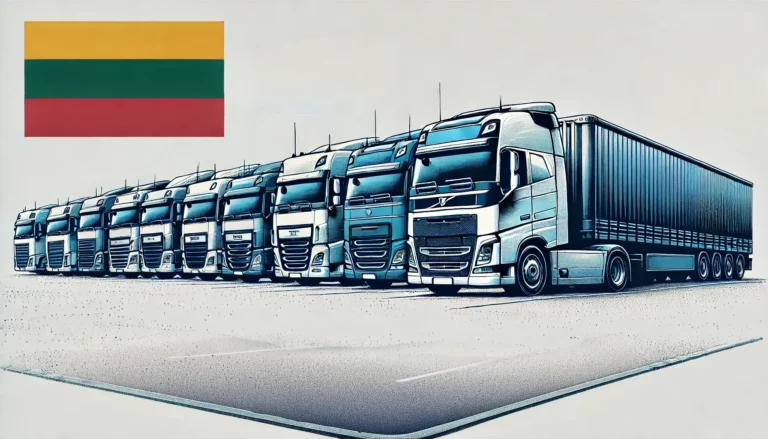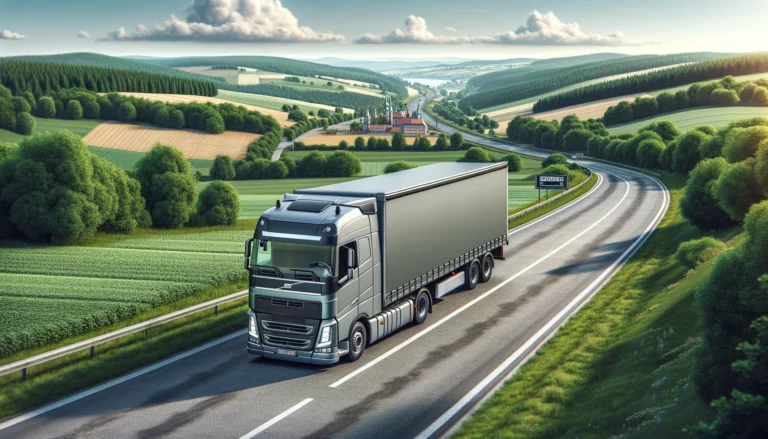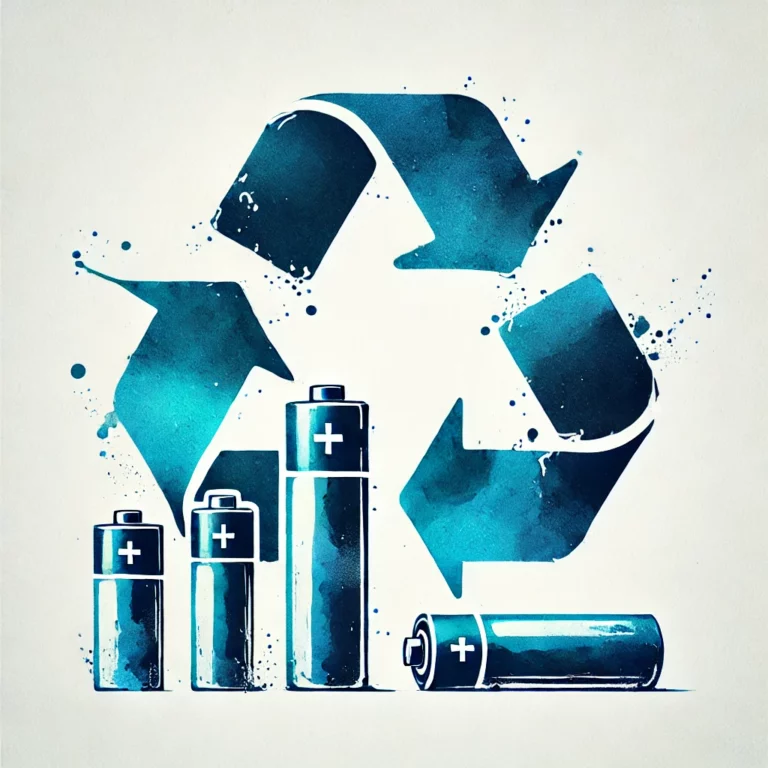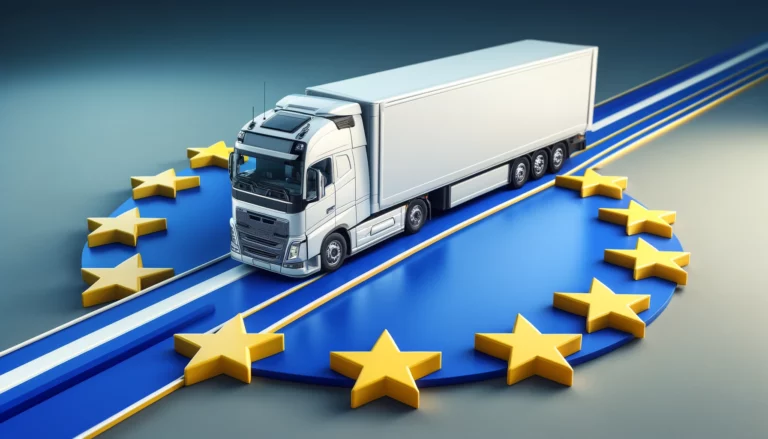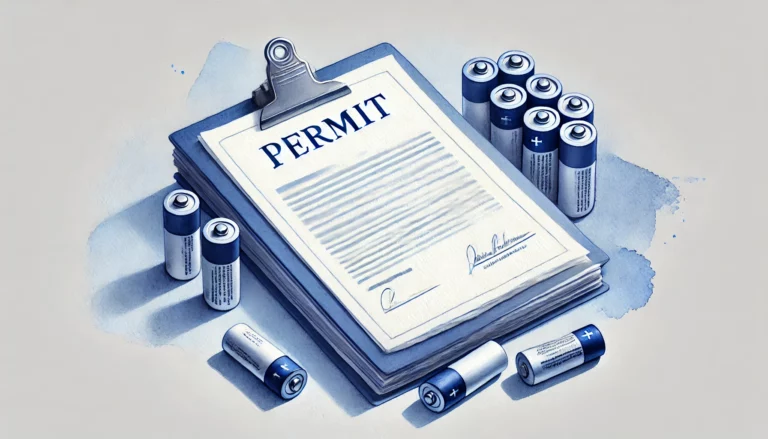Your guide to SENT compliance in Poland
Navigating SENT compliance in Poland is about keeping your transport business moving without delays, penalties, or reputational risk. Whether you’re new to transporting goods on Polish roads or simply need clarity on who must register, what must be reported, and how the system really works in practice, this guide gives you the essential knowledge you need. With rules that apply to both domestic and cross-border waste shipments, mastering SENT isn’t optional—it’s your ticket to legal, uninterrupted operations.
Do you need help with SENT registration? Contact us:
From chaos to control: the origins of SENT in Poland
Before diving into the intricacies of SENT, let’s rewind a bit. Notably, Poland’s SENT (System Elektronicznego Nadzoru Transportu) system was established in 2017 specifically to curb rampant tax evasion and the illegal transport of sensitive goods— mainly fuels, alcohol, and tobacco. But over time, the scope widened. In 2022, the inclusion of waste as a SENT-reportable commodity was a major step towards combating illegal waste dumping and transport across borders.
The system provides real‑time monitoring of goods classified as “sensitive”. Specifically, it covers certain types of waste, thereby enabling authorities to track each movement from point A to B with full transparency. Consequently, SENT now stands as a key compliance pillar within Poland’s broader regulatory ecosystem.
The rise of SENT compliance in Poland: from simple system to strategic control
Since its inception, SENT has undergone several critical changes:
- Digital integration. Over the years, SENT became tightly integrated with Poland’s digital systems, eventually requiring that all data — from transport start to delivery — must be submitted electronically.
- Expanded scope. The catalogue of waste codes requiring SENT notification grew, especially those in group 8 of the Polish Waste Catalogue. As of now, only 11 waste codes require export notification.
- Focus on transit. Transit of waste through Poland is subject to SENT reporting, whereas cabotage (internal movement within Poland by foreign entities) is exempt.
These changes reflect Poland’s commitment to aligning with EU environmental policies, while also securing its borders from irregular or non-compliant waste transport.
Avoid these common SENT registration errors
Understanding SENT requirements is half the battle. But the other half is managing them correctly — and that’s where companies stumble.
- Misunderstanding the scope. Many foreign companies assume that all waste requires SENT registration, or worse — that none of it does. In reality:
- When it comes to import to Poland, SENT is required for all kinds of waste codes.
- In case of export from Poland, only 11 codes from group 8 require it.
- Once a company decide on executing transit operation through Poland, SENT is mandatory, regardless of waste origin or destination.
- Incomplete or incorrect submissions. Submitting wrong waste codes, missing the obligatory documents (like transport contracts or consent letters), or failure to assign a SENT location number are common errors but they can lead to shipment detention or administrative delays.
- Lack of coordination between stakeholders. Waste producers, brokers, carriers, and recyclers must all be on the same page. Miscommunication between these parties can result in reporting gaps, particularly when updates are not filed promptly or correctly.
SENT compliance in Poland vs. Romania’s RO-Transport obligations
While Poland’s SENT system is unique, it’s not alone in its ambition. Romania’s RO-Transport system shares a similar DNA: real-time waste monitoring, mandatory registration, and digital compliance. Let’s take a closer look at both of these systems:
- Both systems cover sensitive goods including waste, though Poland’s SENT has a more defined list for export obligations.
- RO-Transport also requires electronic declarations and consignment data before crossing borders.
- Both systems impose high penalties for errors or non-reporting. For example in Romania, companies can be fined up to €20,000 for failing to update consignment details. Meanwhile in Poland, SENT-related fines can reach PLN 20,000 (~€4,700) per missing notification.
- It’s worth noting, that in both cases the reference number is required for proper management of notification. Here’s a comprehensive rundown:
ASPECT | POLAND-SENT | ROMANIA RO-TRANSPORT |
|---|---|---|
SYSTEM ACCESS | Requires registration in PUESC | Requires registration in SPV platform |
TRANSPORT ID REQUIRED? | Yes – SENT Reference Number | Yes – UIT (Unique Identifier Transport) |
WHEN MUST IT BE OBTAINED? | Before transport begins | Before transport begins |
MUST BE CARRIED BY THE DRIVER? | Yes | Yes |
QR CODE OR SIMPLE REFERENCE NUMBER? | Alphanumeric code + optional QR | QR code is mandatory |
WHO GENERATES IT? | Entity responsible for SENT notification (consignor/consignee/carrier depending on direction) | Declarant in RO-Transport (importer, exporter, or their proxy) |
VERIFICATION BY AUTHORITIES | Roadside inspections by ITD or Customs | ANAF and mobile control units (customs + tax) |
But despite differences in national law, both countries exemplify a growing trend in the EU: increasing scrutiny and traceability of waste shipments.
The real stakes behind SENT compliance in Poland
Compliance with SENT and similar systems isn’t just about avoiding fines; rather, it’s about ultimately ensuring your company remains a reliable partner in the eyes of regulators, clients, and the public.
Failing to comply can lead to more than just monetary penalties. Border delays, reputational damage, and even permanent exclusion from supplier networks are at stake. Moreover, Poland’s environmental and fiscal authorities are increasingly focusing their audits on waste-related shipments, looking for inconsistencies in SENT reporting and actual cargo content.
In short, SENT isn’t a bureaucratic box to tick — it’s a litmus test of operational integrity in cross-border waste logistics.
Need help with SENT? Here’s what reliable support looks like
At Waste Transport Solutions, we’ve made it our mission to take the stress out of SENT for you. Moreover, as part of the Ekologistyka24 Group, our team draws on over a decade of experience in environmental logistics and therefore combines regulatory know‑how with hands‑on support.
What we provide:
- We handle the SENT registration process from start to finish — no second-guessing required.
- We verify if your shipment qualifies under SENT rules and which documents you must provide.
- Our team works in Polish and English — so nothing gets lost in translation.
- Shipment stuck at the border? No problem, we’ll liaise with authorities and get things moving again.
What’s our goal, you might ask? Let you focus on business while we handle compliance.
To sum up: your SENT-readiness checklist
Use this quick checklist to see if SENT registration and notification apply to your transport – your answer appears instantly.
Do you need to register in the PUESC system in Poland and prepare SENT notification?
Check to see if you meet the requirements for registration in PUESC and obligatory SENT notification management. Click at least one condition below to see the result.
Ready to simplify your SENT management? Contact Waste Transport Solutions today — and move waste through Poland with full compliance, while we handle the paperwork for you.


